By Barb Cook, M.Aut., Dip. HSc. (used with permission)
Neurodivergent people often experience challenges in exercising skills associated with self-determination and self-advocacy
Being pinnacle life skills that drive their success in education, employment, independence and within society, with the right supports, tools and strategies, they can develop high levels of self-determination, providing a firm sense of self-confidence.
When neurodivergent people gain these skills and feel supported and included, it’s an empowering feeling. Having their value and worth validated, and their supports, needs and accommodations provided through active listening, we give them the equal and right opportunities they deserve, just as every other person does.
What is Self-Advocacy?
Self-advocacy is speaking up about what you want. It’s about making sure that your wishes and needs are made clear to another person, and ensuring you have the same chances in life, the same rights and are able to make the same choices as everyone else.
Self-advocacy is also a way to convey your thoughts and feelings. It means being able to ask for help when you need it and be willing to ask for clarification, ask questions and be willing to learn new skills.
We self-advocate when we ask for support.
This can be a request for more clarification on a task or assignment we have to do or conveying to the waiter in the restaurant that we are vegetarian or have certain food allergies.
Knowledge is the key to self-advocacy. Like anything, the more you know, the better you understand, and the easier it is to explain. Self-advocacy will help you convey what you want and to request that you be involved in all decisions that affect you. It is NOT giving the other person the answers they want to hear.
What is Self-Determination?
Self-determination emphasises the importance of providing individuals with opportunities to be in control of their own destiny, to fully participate in their own life and community, and to be involved in decisions about their life.
Self-determination skills allow you to identify your strengths and weaknesses, and to be able to determine what you need to succeed. When we understand what our specific needs are, which is often recognised through self-awareness, we can formulate what we need and then convey to other people what we need to support us.
How do We Develop Self-advocacy and Self-Determination Skills?
Self-determination and self-advocacy skills aren’t learned quickly. It is a process that is often lifelong as we continually learn about ourselves and experience different things. With each new experience, we add to our toolbox of skills to be used in similar situations or to be adapted to other situations.
Ideally, we need to start learning self-advocacy and self-determination skills from an early age.
Parents and teachers need to teach and support children how to speak up for themselves. Often with neurodivergent children, parents will advocate on their behalf for their needs and supports. Essentially, this is a good thing, but we also need to include the individual and teaching the skills to be able to self-advocate for themselves. Parents and educators can model the skills to the children and encouraged them to ask your assistance without the fear of being judged.
When we learn these skills, especially at a younger age, it makes a significant impact, reducing our sense of powerlessness and dependency. And when neurodivergent people learn these skills and use them in educational and employment settings, it can encourage them to ask their peers and work colleagues for help or feel confident to explain to them why they need the extra help.
When we feel empowered in being able to advocate for ourselves, the feelings of fear and anxiety are reduced, allowing us to freely speak about concerns, which in turn, builds on our self-confidence and value.
Working together as a community, as parents, partners, caregivers, health professionals, educators and employers, we can all be part of the process in guiding, building and supporting Neurodivergent people in attaining these skills, empowering them in determining a future that is directed by their visions, dreams and goals.
 About Barb Cook
About Barb Cook
Barb is Director of NeuroEmploy, Autism and Neurodiversity Employment Consultant and a registered Developmental Educator (DE) who is passionate in supporting, consulting and mentoring on employment issues for neurodiverse adults and employers. Barb has a Master of Autism (education) with focus on employment from the University of Wollongong, where she is also a tutor in this program and a research assistant in the area of self-determination and self-advocacy for autistic adults.
Barb was formally diagnosed as autistic along with ADHD and phonological dyslexia at age 40, and is editor and co-author of the internationally acclaimed book Spectrum Women: Walking to the Beat of Autism, and editor in chief of Spectrum Women Magazine.
As a Developmental Educator, Barb focuses on developing individualised learning strategies, tools and supports with positive outcomes for individuals across the lifespan. Barb embraces a collaborative approach by working with health and educational professionals, support staff, employers, employees, families and caregivers to develop their skills, knowledge and understanding of a person-centred approach in fostering positive support and enhancement of life outcomes. Barb has extensive experience in working with autistic people, ADHD and dyslexia, especially with adults in creating pathways in attaining life goals in the areas of education, employment, health and interpersonal relationships.
Vist: https://barbcook.com.au/
